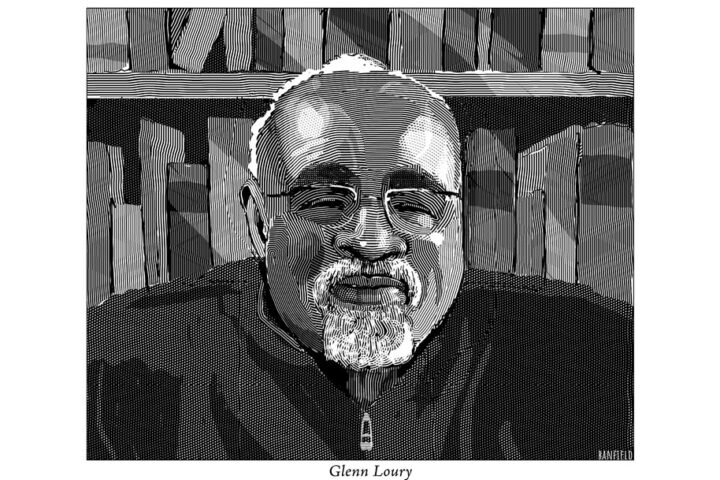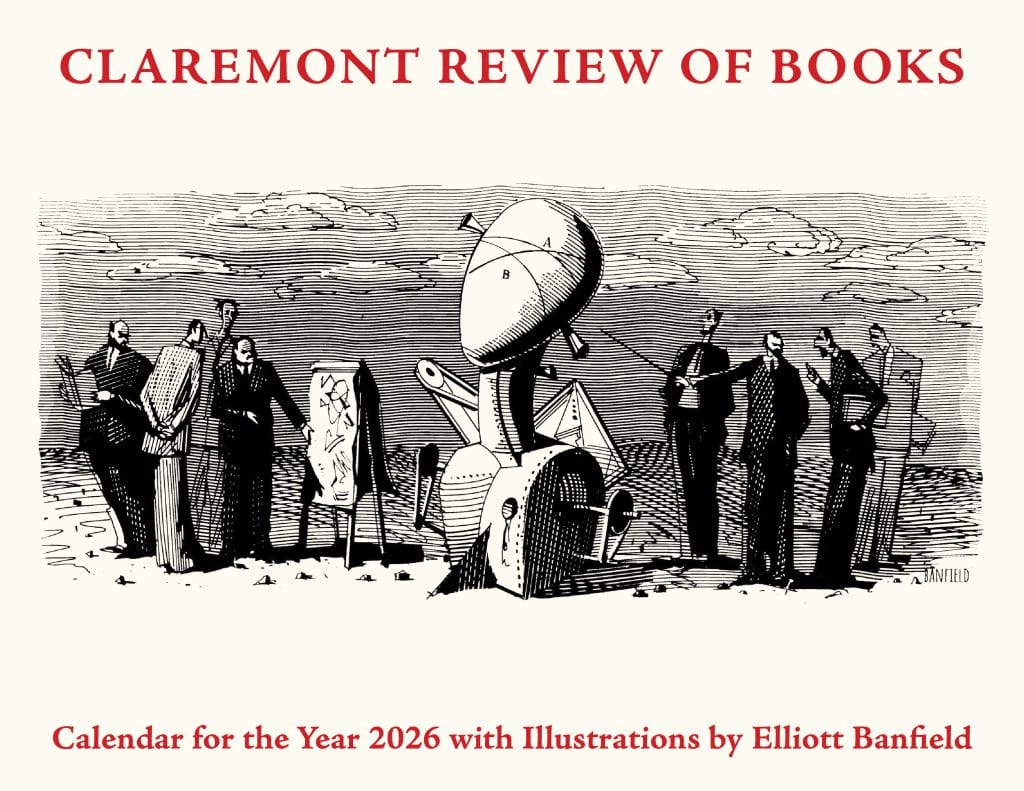Books Reviewed
Fledgling entrepreneurs often employ the term “disruption” to advertise their ventures. In most cases, it’s an exaggeration, presenting as revolutionary an incremental improvement to an existing product or service. The trick is to disguise continuity as discontinuity.
In politics, the trick typically runs the other way. When Caesar Augustus acquired monarchical power in Rome, he retained traditional forms in order to placate the people, styling himself not as “emperor” or “dictator” but by the ancient republican title princeps senatus, Leader of the Senate. Drawing on other Roman practices, Machiavelli would later advise his disciples to retain “the shadow of ancient modes” in order to reinforce their reforms with salesmanship.
Jeffrey Paul, a research professor in the Social Philosophy and Policy Center at West Virginia University and an executive editor of the journal Social Philosophy and Policy, contends that Progressivism, the intellectual movement that arose in the United States in the late 19th century and reshaped the country’s politics in the 20th after rebranding itself as “liberalism,” constitutes in effect a second American civil war. The Progressives succeeded where the Confederates had failed by doing a better job at disguising their break with constitutional government.
***
Building







